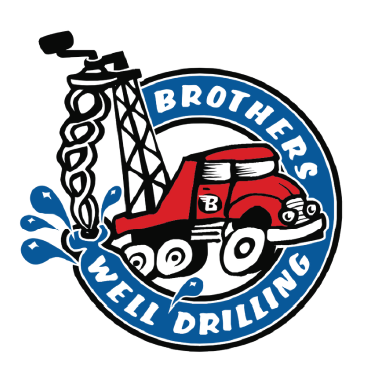FAQ
-
How do I know if I need a new well?
If you’re experiencing low water pressure, if your well is pumping sand, or if your pump won’t shut off or is constantly cycling, it may be time to drill a new well. We’ll evaluate your site and provide an estimate.
-
Do you test our water?
Yes! We offer free water testing for both municipal and water well water sources. Your custom treatment system will be designed around the specific findings of your water test.
-
How often should my well system be maintained?
We recommend annual maintenance for most well systems and monthly maintenance for water treatment systems. Regular service helps prevent costly repairs and ensures a clean, safe water supply.
-
How deep will my well need to be?
It depends on your location and the water table in your area. In Central Florida, residential wells can vary from a shallower well to a much deeper well.
-
What permits are required for well drilling in Florida?
All wells require proper permitting through the appropriate Water Management District. As a licensed contractor, Brothers Well Drilling handles all permitting and compliance on your behalf.
-
How long does it take to drill a well?
On average, both residential and commercial wells take 1–3 days. Larger commercial or agricultural wells may take longer. EDB wells will take longer due to the state code.
-
What kind of warranty do you offer?
We stand by our workmanship and use high-quality equipment backed by manufacturer warranties. Contact us directly for specific warranty details based on your service or system.
Understanding the Well Drilling Proccess
Improper drilling can cause contamination, structural issues, and wasted resources. That’s why Brothers Well Drilling is:
State Licensed
Certified Water Specialists (CWS)
Fully Insured (General Liability + Workers Comp)
BBB A+ Rated
We follow all Florida groundwater protection guidelines, ensuring your well is safe, legal, and efficient.
Why Hiring a Licensed Contractor Matters
What Is Well Drilling and Why Does It Matter?
Well drilling is the process of accessing underground water sources, often hundreds of feet below the surface, to provide clean, natural water to homes, farms, and businesses. It’s one of the most efficient and sustainable methods of water delivery, particularly in rural areas where access to city water is limited.
The Layers We Drill Through:
A Look Underground
In Central Florida, well drilling typically involves navigating through:
Topsoil and Sand – This upper layer is loose and can contain organic matter.
Clay and Limestone – These harder layers require heavy-duty drilling and can influence water flow.
Aquifers – Water-bearing rock and sand formations where clean water is drawn from.
The depth of your well determines both the quality and quantity of water available.
Even clean groundwater can contain natural minerals like iron, sulfur, or calcium. A custom-designed treatment system ensures your water not only flows but is healthy, clear, and safe for drinking, cooking, and bathing.

